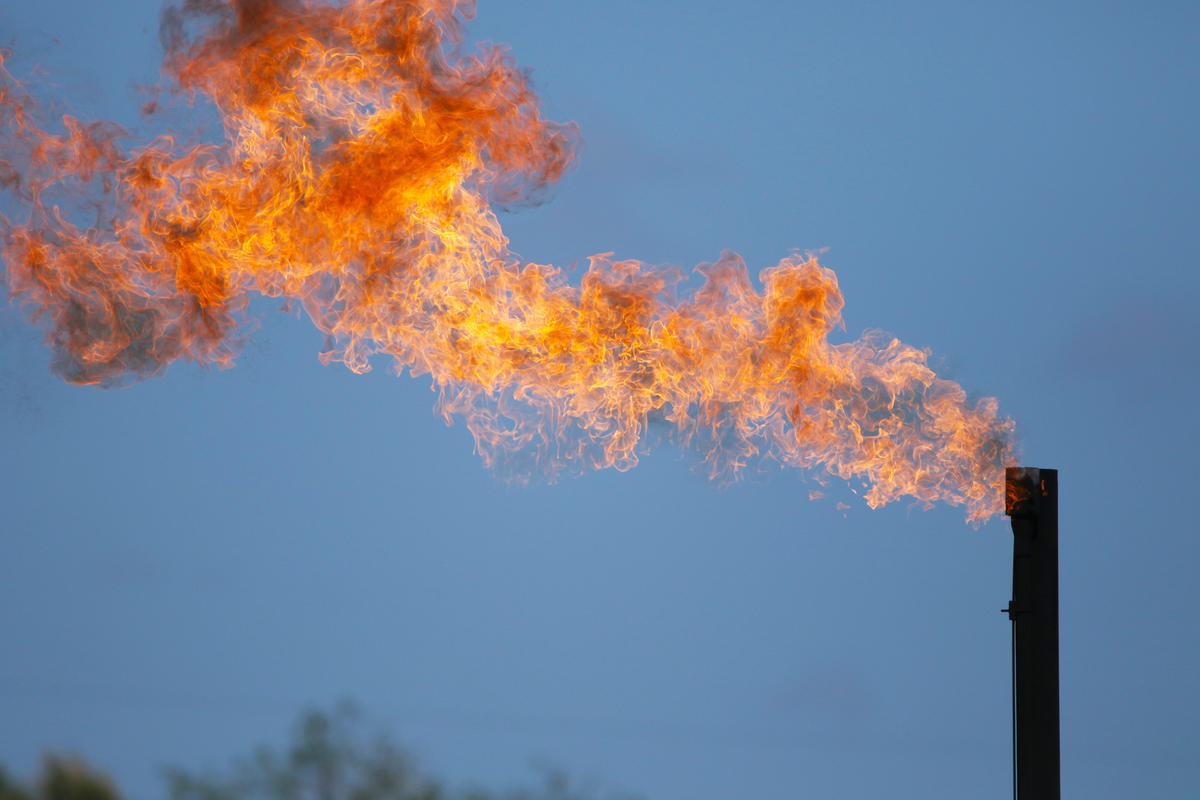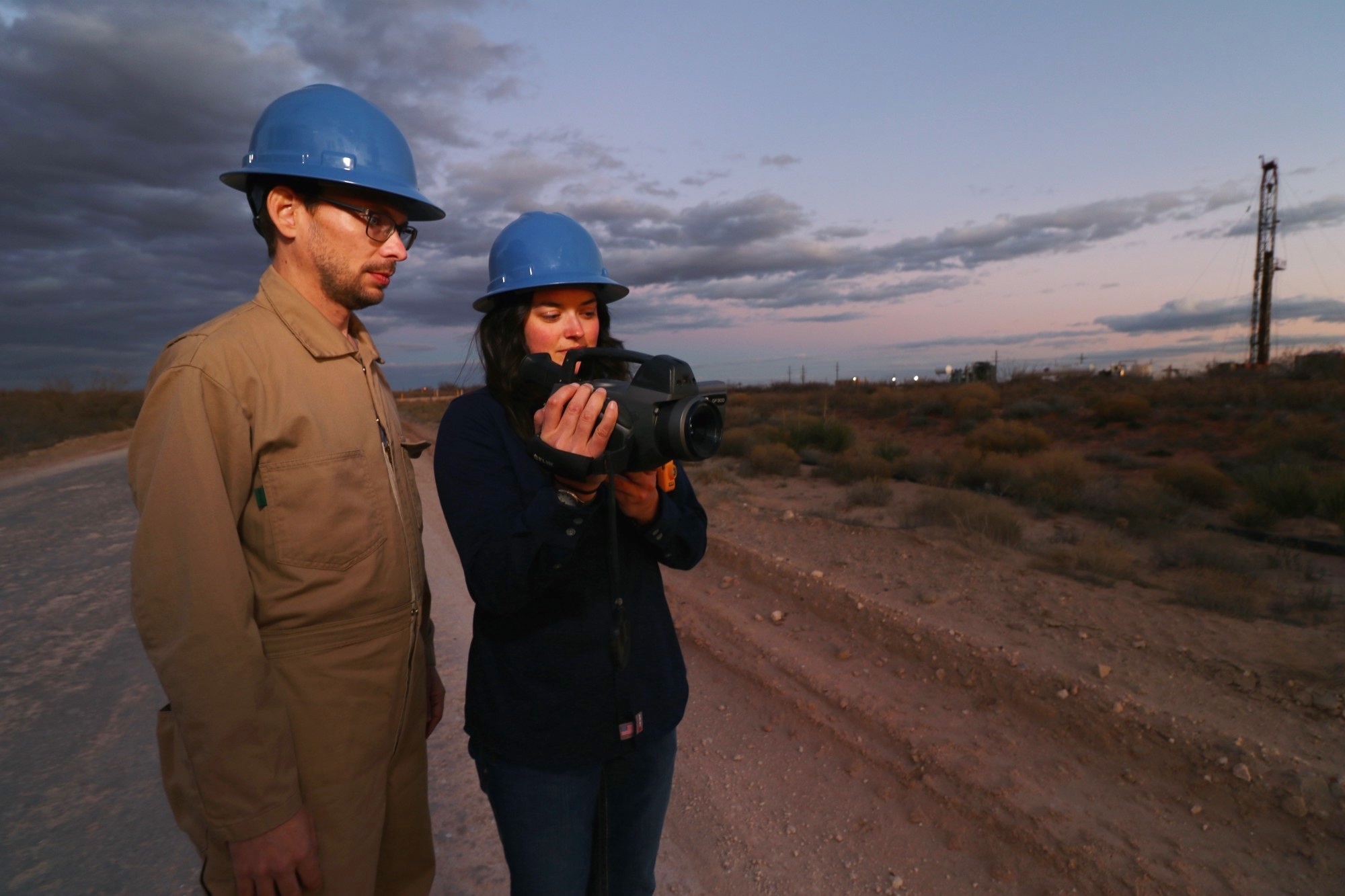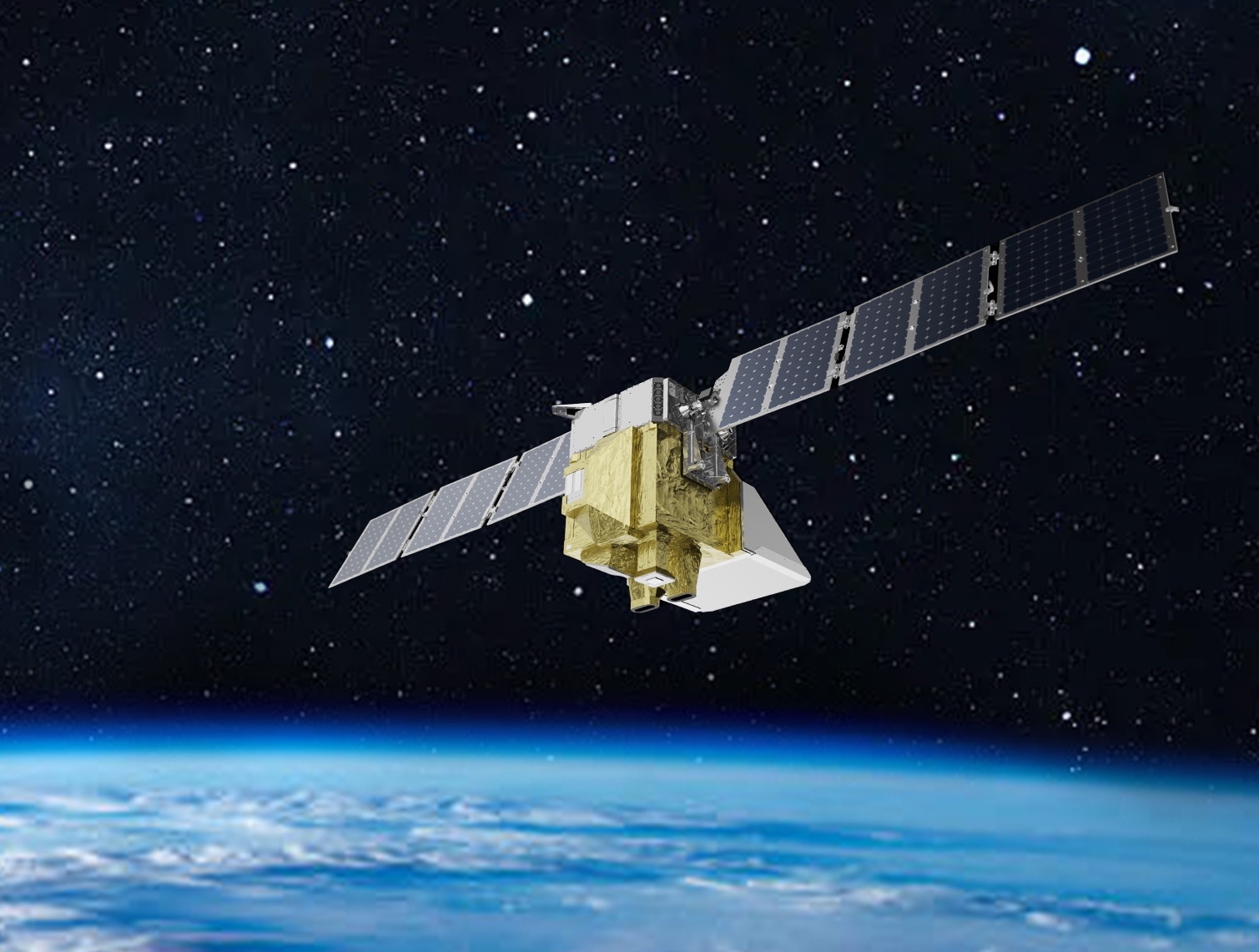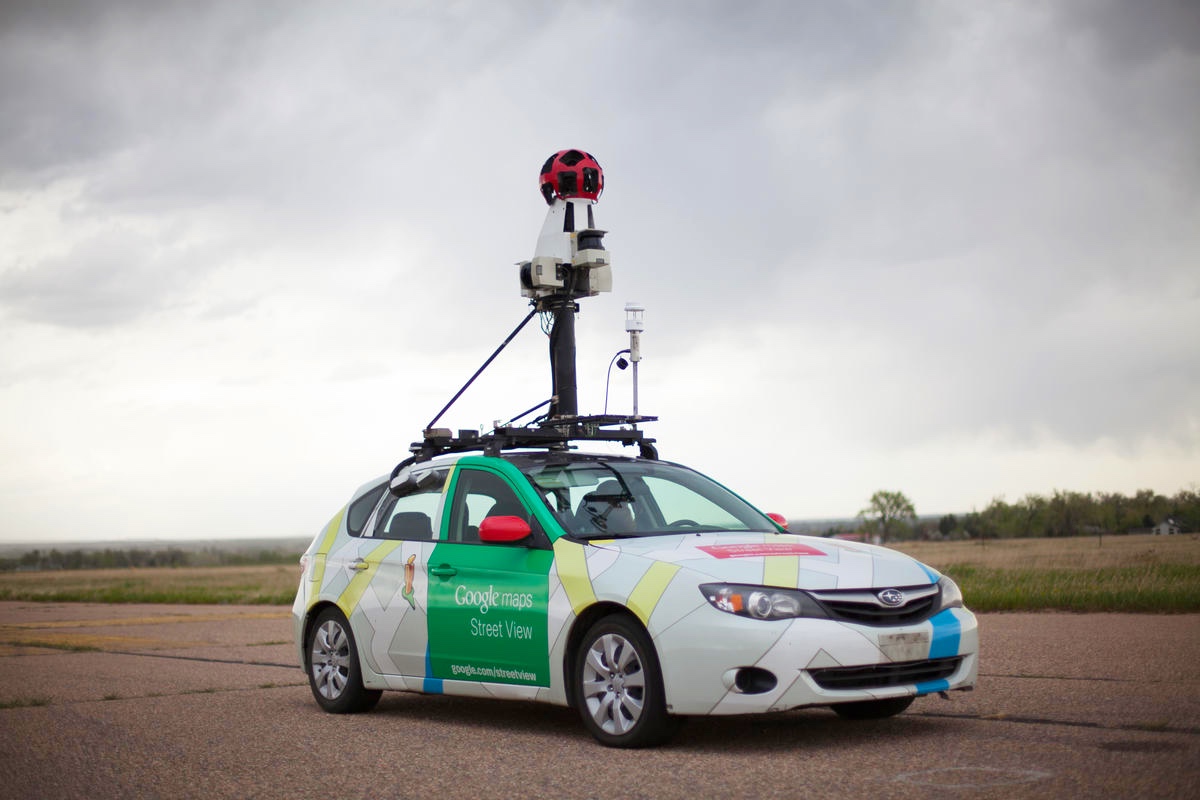Cutting methane emissions is the fastest opportunity we have to immediately slow the rate of global warming, even as we decarbonize our energy systems.
It’s an opportunity we can’t afford to miss.
Methane is a potent greenhouse gas that has more than 80 times the warming power of carbon dioxide over the first 20 years after it reaches the atmosphere. Even though CO2 has a longer-lasting effect, methane sets the pace for warming in the near term.
About 30% of today’s global warming is driven by methane from human actions.
Help us slow global warming fast with this methane-spotting satellite
Why the methane moment is now
Methane is the main ingredient in natural gas, and fossil fuel production is a major source of global methane emissions along with agriculture and waste management.
For many years, methane was overlooked in the climate change conversation. But scientists and policymakers are increasingly recognizing that methane reductions are crucial.
Slowing today’s unprecedented rate of warming can help avert our most acute climate risks, including crop loss, wildfires, extreme weather and rising sea levels.
Atmospheric concentration of methane is increasing faster now than at any time since the 1980s.
Which means that now is the methane moment: Acting now to reduce methane emissions will have immediate benefits to the climate that reductions in carbon dioxide cannot provide on their own.
We’re tackling methane on every front — with methane hunters Dr. David Lyon (EDF) and Dr. Anna Robertson (U. of Wyoming) in the Permian Basin, left; with MethaneSAT (artist’s rendering), top right; and with Google Earth Outreach, bottom right.
How can we fix the methane problem?
Until recently, little was known about where leaks were occurring, or the best way to fix them. In 2012, we kicked off a research series to better pinpoint leaks — and to find solutions. It is the largest body of peer-reviewed research on the issue.
A synthesis of the research found that the U.S. oil and gas industry was emitting at least 13 million metric tons of methane a year — about 60% more than the Environmental Protection Agency estimated at the time. The volume represents enough natural gas to fuel 10 million homes.
Today we have much better data on where the methane is coming from and how to prevent it. Ground-based measurement tools along with a growing number of satellites — including one launched in 2024 by our MethaneSAT subsidiary — will make it faster and cheaper than ever to locate, measure and reduce emissions.
In fact, the International Energy Agency estimates that worldwide, the oil and gas industry can achieve a 75% reduction using technologies available today — two-thirds of it at no net cost.
Seeing global progress on slashing methane
As the world’s largest oil and gas producer, the United States has both an opportunity and a responsibility to lead the way on reducing methane emissions.
The good news: In 2023, the U.S. Environmental Protection Agency unveiled historic rules to limit methane pollution from oil and gas sources. The safeguards are a vital win for the climate, clean air and public health.
The same year, China announced a comprehensive National Methane Action Plan. And the European Union agreed on first-of-its-kind legislation to rein in dangerous methane emissions within and far beyond its borders.
Recent industry commitments could also cut methane dramatically, with dozens of oil and gas companies pledging to curb methane and stop wasteful, routine methane flaring by 2030.
EDF worked behind the scenes for a long time to help make all this happen — and we're part of a new accountability partnership to see that the oil companies meet their commitments.
Toward a safer climate future
Of course, there’s much more beyond methane that needs to be done.
But progress on methane matters to our climate future. EDF’s science and advocacy helped put methane at the forefront of the global climate agenda, and we continue to drive global action to cut this powerful climate pollutant.
Our methane experts
-

Mark Brownstein
Senior Vice President, Energy Transition
-

Ramon Alvarez
Associate Chief Scientist
-

Steven Hamburg
Senior Vice President, Chief Scientist
-

Ilissa Ocko
Senior Climate Scientist II, Barbra Streisand Chair of Environmental Studies
-

Rosalie Winn
Director and Lead Counsel, Methane and Clean Air Policy
-

Shareen Yawanarajah (Ph.D)
Director, Global Energy Transition
Staff perspective
Reducing methane emissions from the oil and gas industry is the fastest way to slow the rate of global warming we feel today.
Mark Brownstein
Senior Vice President, Energy
Media contact
Lauren Whittenberg
(512) 691-3437 (office)
(512) 784-2161 (mobile)














